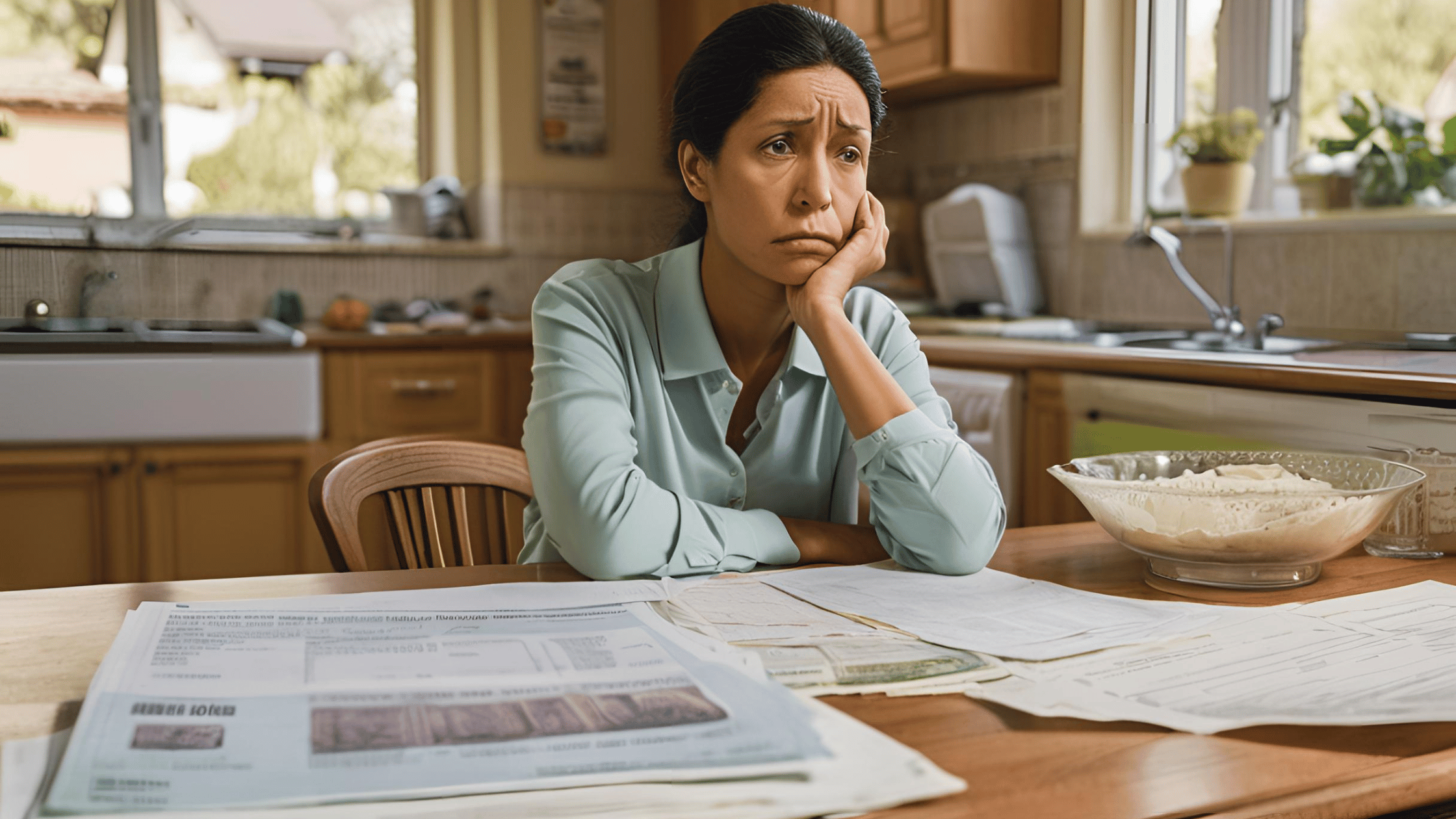Divorce is an emotional and financial challenge, and one of the toughest questions you might face is: “Can I afford to keep the house?” The family home often holds sentimental value, especially if children are involved. But before you make this decision, it’s essential to take a close look at your financial situation and understand the long-term implications of keeping the house.
This guide will help you assess whether staying in the house is realistic and provide practical tips for making a well-informed decision.
Why Financial Assessment Is Important
Keeping the house might feel like the best option for stability and emotional security, but it can also become a financial burden if not carefully considered. Beyond the mortgage, there are hidden costs like property taxes, maintenance, and utilities that can add up quickly.
If you’re also managing a joint mortgage, you might want to check out our post on How to Handle a Joint Mortgage After Divorce for practical tips on managing this responsibility.
Steps to Assess If You Can Afford the House
1. Understand Your Current Financial Situation
Start by taking a clear look at your finances:
- Income: Calculate your monthly income from all sources, including salary, alimony, or child support.
- Expenses: List your monthly expenses, such as groceries, transportation, childcare, and debt payments.
- Debt: Note any loans, credit card balances, or other debts.
This step will give you a realistic view of how much money you have left each month for housing costs.
2. Calculate the True Cost of Keeping the House
Owning a home involves more than just the mortgage payment. Consider these additional expenses:
- Property Taxes: These vary by location and can increase over time.
- Insurance: Homeowners’ insurance is a must to protect your property.
- Utilities: Electricity, water, gas, and internet can add a significant amount to your monthly bills.
- Maintenance: Factor in costs for repairs, landscaping, and general upkeep.
For more insights on planning finances during divorce, check out our guide on The Emotional and Financial Cost of Keeping the Family Home After Divorce.
3. Evaluate Your Mortgage Options
If you plan to keep the house, refinancing the mortgage may be necessary, especially if your ex-spouse’s name is on the current loan. Here’s what to consider:
- Refinancing Requirements: Check if you qualify for a refinance based on your income, credit score, and debt-to-income ratio.
- Affordability: Use an online mortgage calculator to estimate your monthly payments after refinancing.
- Down Payment or Buyout: If you’re buying out your ex’s share, ensure you have the funds available or can secure financing.
Learn more about refinancing in our detailed guide on Refinancing a Mortgage After Divorce: What You Need to Know.
4. Compare the Costs of Selling vs. Staying
Sometimes, selling the house is the better financial choice. Compare:
- Selling: You might gain equity from the sale, which can help you downsize to a more affordable home.
- Staying: You’ll retain ownership but must manage all the financial responsibilities.
If you’re considering selling, read our post on Selling the Marital Home During Divorce: Pros, Cons, and Tips for guidance.
5. Think Long-Term
Before deciding to keep the house, ask yourself:
- Will I still be able to afford this house in five years?
- How will unexpected expenses (like medical bills or job loss) affect my ability to keep the home?
- Would it be better to rent or buy a smaller home instead?
6. Get Professional Advice
Divorce is complicated, and you don’t have to make these decisions alone. Consider consulting:
- A Financial Advisor: They can help you understand the long-term impact of your choice.
- A Real Estate Agent: If selling, they can guide you through the process and help you get the best price.
- A Divorce Attorney: They can clarify legal obligations related to the property.
Final Thoughts
Deciding whether to keep the house after divorce is a deeply personal and financial choice. By carefully assessing your finances, considering the hidden costs, and thinking long-term, you can make a decision that supports both your emotional and financial well-being.
If you’re still unsure, explore our post on Who Gets the House? Navigating Property Division in Divorce for a deeper dive into how property is typically divided during a divorce.
Remember, it’s okay to let go of the house if it’s the best decision for your future. Your well-being and financial stability matter most as you start this new chapter.


